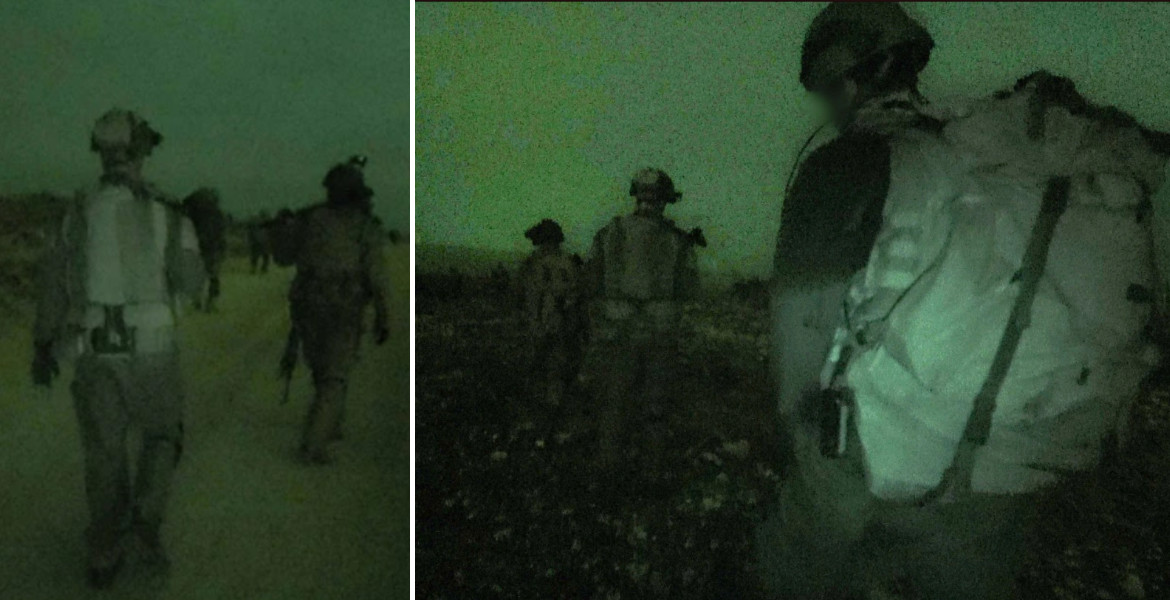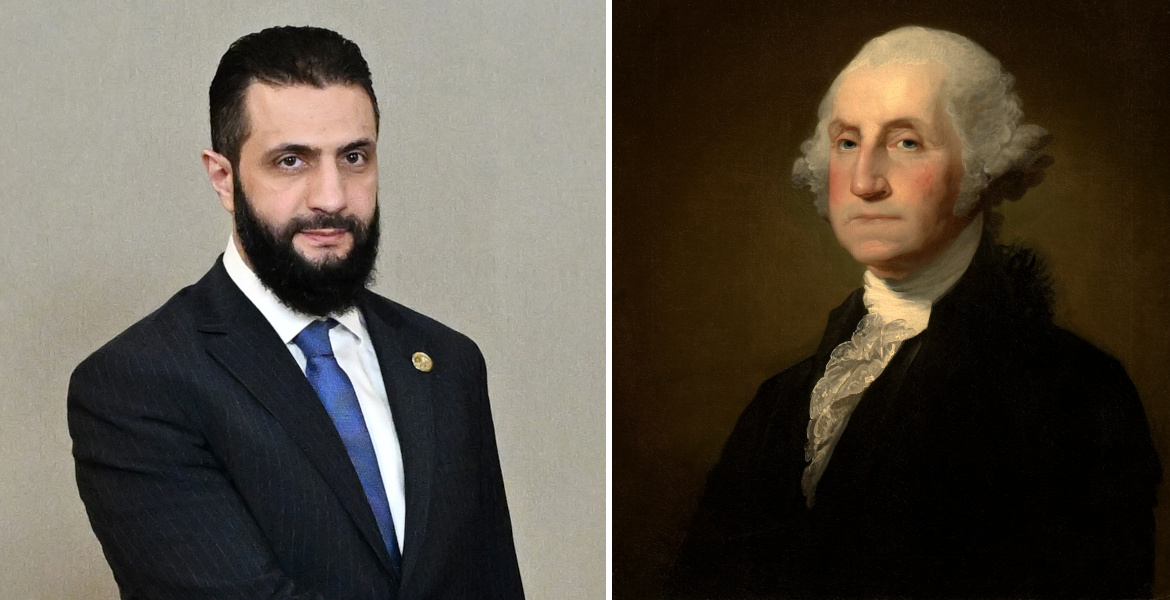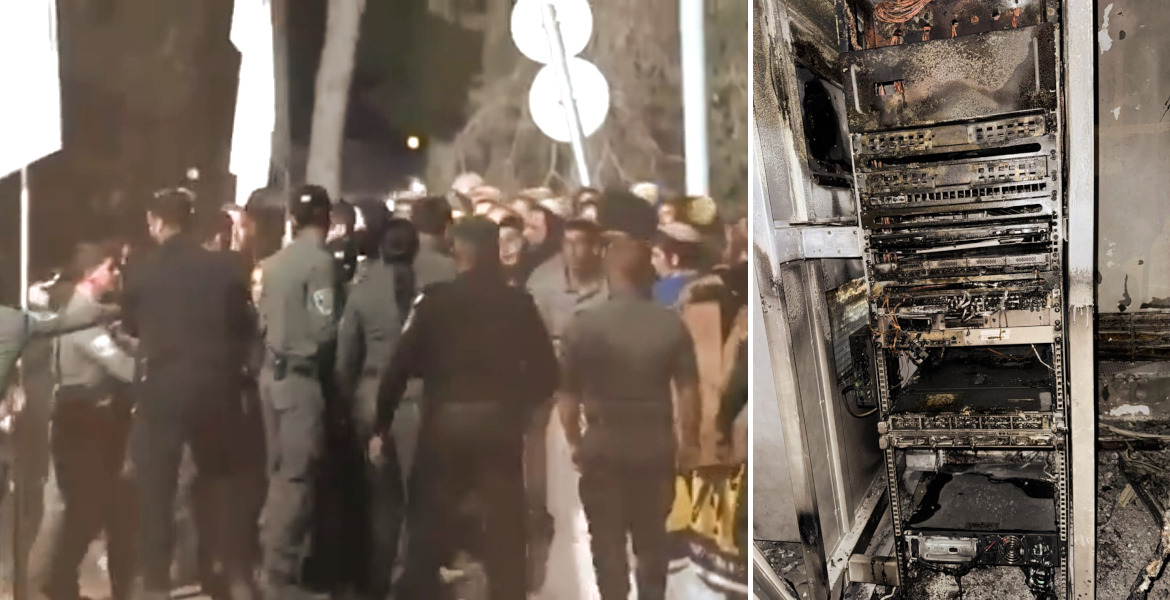After decades of civil war and extensive international intervention, the secular rule of Bashar al-Assad under the Arab socialist Baath Party in Syria has collapsed.
Following a lightning offensive over the weekend, the jihadist group Hayat Tahrir al-Sham (HTS), founded as a branch of the Islamic State and previously closely linked to the notorious al-Qaeda terrorist group, along with other militant factions, has now taken control of parts of Syria previously under government control.
Hayat Tahrir al-Sham (HTS), formerly known as Jabhat al-Nusra and later Jabhat Fateh al-Sham, is today the largest jihadist group in Syria. Founded in 2012 as a branch of the Islamic State of Iraq and the Levant (ISIL), it broke away the following year to pledge allegiance to al-Qaeda.
Like other Islamist groups, HTS is characterized by strict Sharia law and Islamist ambitions. However, in 2017, HTS severed its ties with al-Qaeda and transformed into a coalition of several factions, including Liwa al-Haqq and Jaysh al-Sunna.
In recent years, the HTS has consolidated its hold on Syria’s northern and western regions. Before the offensive, the group was estimated to have around 30 000 fighters and exercised economic control over several strategically important areas. By controlling the Bab al-Hawa border crossing with Turkey and exploiting resources such as petroleum, HTS has managed to become largely self-financing.
Hayat Tahrir al-Sham – the Syrian rebels who just took over the country: “We entered the Great Umayyad Mosque in Damascus, then we will enter the Al-Aqsa Mosque in Jerusalem and the Kaaba in Mecca, Saudi Arabia.”
They can’t fake it for too long. On camera for CNN they try to… pic.twitter.com/tatxztbtKt
— CJC (@cj_chep) December 9, 2024
HTS stronghold Idlib enabled the coup
Idlib province has long served as a stronghold for HTS, from where the group has organized much of its activity. In addition, through its influence over the Syrian Interim Government (SSG), HTS has extended its administrative control to other areas, including parts of Aleppo.
The HTS has used its position of power to strengthen its grip on local resources and impose its own rules. Several reports describe how residents live in difficult conditions, characterized by limited freedoms and a climate of fear.
Much of the international community is concerned about developments in Syria, where the new balance of power is complicating diplomatic efforts. The UN has warned that the humanitarian crisis is deepening as the HTS tightens its grip on the country. Food shortages, internal displacement and limited access to healthcare are just some of the huge problems Syria now faces.
Abu Mohammad al-Julani, the leader of Hayat Tahrir al-Sham (#HTS), says he wants to establish an Islamic system in #Syria based on institutions, rather than the whims of a single leader.
The Taliban made similar promises to the people of #Afghanistan.
Video: CNN pic.twitter.com/MlqsUEI5VW
— Pamir News (@PamirNews) December 6, 2024
Outlook for the future
With the fall of the Assad regime and the initial dominance of the jihadist group Hayat Tahrir al-Sham, the future of Syria remains uncertain. Despite the group’s military and administrative successes, its links to previous terrorist groups mean that international recognition may be at least some time away.
Abu Mohammad al-Julani, the leader of Hayat Tahrir al-Sham (#HTS), says he wants to establish an Islamic system in #Syria based on institutions, rather than the whims of a single leader.
The Taliban made similar promises to the people of #Afghanistan.
Video: CNN pic.twitter.com/MlqsUEI5VW
— Pamir News (@PamirNews) December 6, 2024
For the Syrian population, and perhaps especially for the Alawites of which the Assad family has been a part, the situation is highly dramatic. How long the HTS can maintain its grip remains to be seen, but its dominance undoubtedly marks a new phase in Syria’s tragic history.







